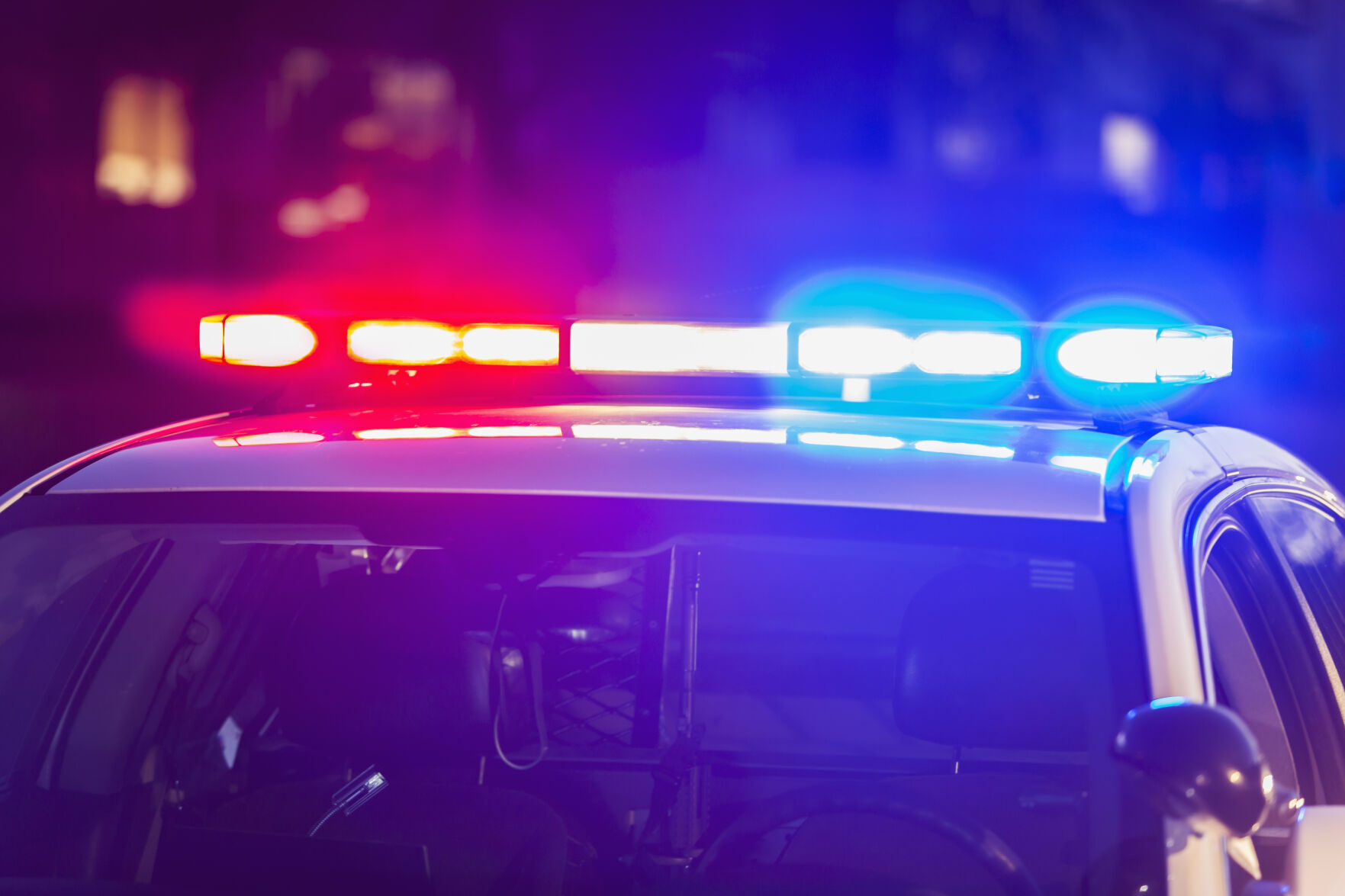Man who changed mind on DUI blood draw deserves new trial, appeals court says

A man convicted of driving under the influence in Arapahoe County refused at one point to take a blood alcohol test to determine his level of intoxication. But when he changed his mind, the test did not happen, nor did jurors learn that he ultimately agreed to a blood draw.
Now, the state’s Court of Appeals has ordered a new trial for Glen Gary Montoya.
While state law allows juries to hear evidence of a defendant’s refusal to submit to testing, a three-judge appellate panel determined the members of Montoya’s jury received an incomplete picture of what happened because they had not seen the footage of Montoya agreeing to a blood test within the legal window for performing it.
“As a result, the jury was invited to consider Montoya’s refusal as part of the evidence when it did not have the entire video in which Montoya later claimed a willingness to take the test,” wrote Judge Sueanna P. Johnson in the May 26 opinion.
Colorado’s “expressed consent law” establishes that motorists, just by using Colorado roads, have consented to a blood or breath test if law enforcement has probable cause to suspect them of driving under the influence or driving while ability impaired. The law further allows motorists’ refusal to take a test to be introduced as evidence in their trials, and results in the revocation of their driver licenses.
Finally, suspected drunk drivers must cooperate with police to provide a blood or breath sample within two hours.
Montoya drove into the back of another car, and the victim reported to police that Montoya appeared intoxicated. Police had also received a call from one of Montoya’s family members who believed he was driving drunk. Montoya himself admitted to drinking two beers in the hour prior to driving.
A jury in 2018 convicted Montoya of driving under the influence and careless driving. The trial court judge sentenced Montoya for felony DUI after finding he had at least three prior drunk driving convictions.
Montoya appealed his DUI conviction based on events within the two-hour window after the collision. Montoya drove into the other car around 12:40 p.m. and an Aurora officer who arrived roughly 35 minutes later saw signs of intoxication. Montoya declined to perform roadside sobriety maneuvers, so the officer arrested Montoya and told him about the requirements of the expressed consent law. Montoya agreed to a blood test.
However, at 2:05 p.m., Montoya apparently reconsidered his decision to do a blood draw, telling a nurse, “I don’t think I’m gonna.” Montoya’s refusal was recorded on the officer’s body-worn camera and jurors saw the footage at trial.
What they did not see, however, was Montoya’s further change of mind 10 to 15 minutes later, in which he assented to the test after all. The reconsideration happened within the two-hour window to draw Montoya’s blood, but for reasons that were unclear on appeal, there was no test.
Then-District Court Judge Phillip L. Douglass allowed prosecutors to redact the portion of the body-worn camera footage showing Montoya’s ultimate agreement to take the test, ruling that Montoya was not entitled to change his mind. Over the defense’s objection that the jury was receiving an improper impression of what happened during the two-hour window, the trial proceeded on the assumption that Montoya had refused a blood test.
“You’ll see when they’re at the detox center and the nurse arrives, Mr. Montoya decides to not show us what is in his blood, let us know what alcohol he had in his system,” the prosecutor told the jury in opening statements.
On appeal, Montoya challenged Douglass’ determination that he had refused the blood test, as well as the decision to censor Montoya’s final expression of his willingness to do a blood draw.
The government argued there was no misleading impression given to the jury, and there was no indication that showing jurors the final 15 minutes of video footage would have affected the verdict.
“Here, the jury had already heard defendant first agree to perform roadside maneuvers, but then renege; and second agree to take a blood test, but then renege,” wrote Assistant Attorney General Brenna Brackett. “There is no reasonable possibility that the outcome would have been different had the jury heard that defendant agreed for a third time to have his intoxication assessed – where there was no evidence demonstrating that he would have followed through.”
The appellate panel agreed with Montoya on both contentions. Johnson explained that it may be impossible in some circumstances for DUI suspects to change their mind within the two hour window. For example, an officer could have “disengaged” and returned to his or her patrol duties by the time a driver recants their original refusal.
“The record is not clear,” Johnson wrote, “that Montoya lost his chance to take the test when the nurse arrived and he refused to take the test but later stated a willingness to take it.”
She added that Douglass had apparently not seen the final minutes of the body-worn camera footage, and it was therefore improper for him to conclude Montoya had definitively refused a blood draw.
Similarly, the appellate panel believed that it was an incorrect or misleading depiction of events to redact the final 15 minutes of the officer’s body-worn camera footage for the jury during which Montoya gave his assent.
“Here, the district court indicated that the jury would question why Montoya was not given the test. But that is precisely the point,” Johnson wrote. “Redacting the video allowed the prosecution to stop at the refusal at 2:05 p.m. and relieved it of its responsibility to present evidence as to why Montoya’s later change of mind still nonetheless constituted refusal or refusal by noncooperation.”
The appellate panel ordered a new trial for the DUI offense.
Judge Craig R. Welling wrote separately to say that while he agreed with the majority opinion, he also had concerns about the instruction jurors received about Montoya’s refusal. The instruction told jurors, “If you find that Mr. Montoya refused to take and complete” a chemical test, they could consider it as evidence of guilt.
Noting that juries are not required to find a defendant has refused, nor are they given a definition of “refusal,” Welling suggested that trial courts cease providing a refusal instruction entirely.
“First, the Expressed Consent Statute doesn’t require a refusal instruction. That statute simply provides that if a defendant refuses or fails to cooperate with chemical testing, evidence of such refusal shall be admissible at the defendant’s criminal trial,” he wrote. “It doesn’t say that the jury must be instructed that it may draw any particular inference.”
The case is People v. Montoya.














